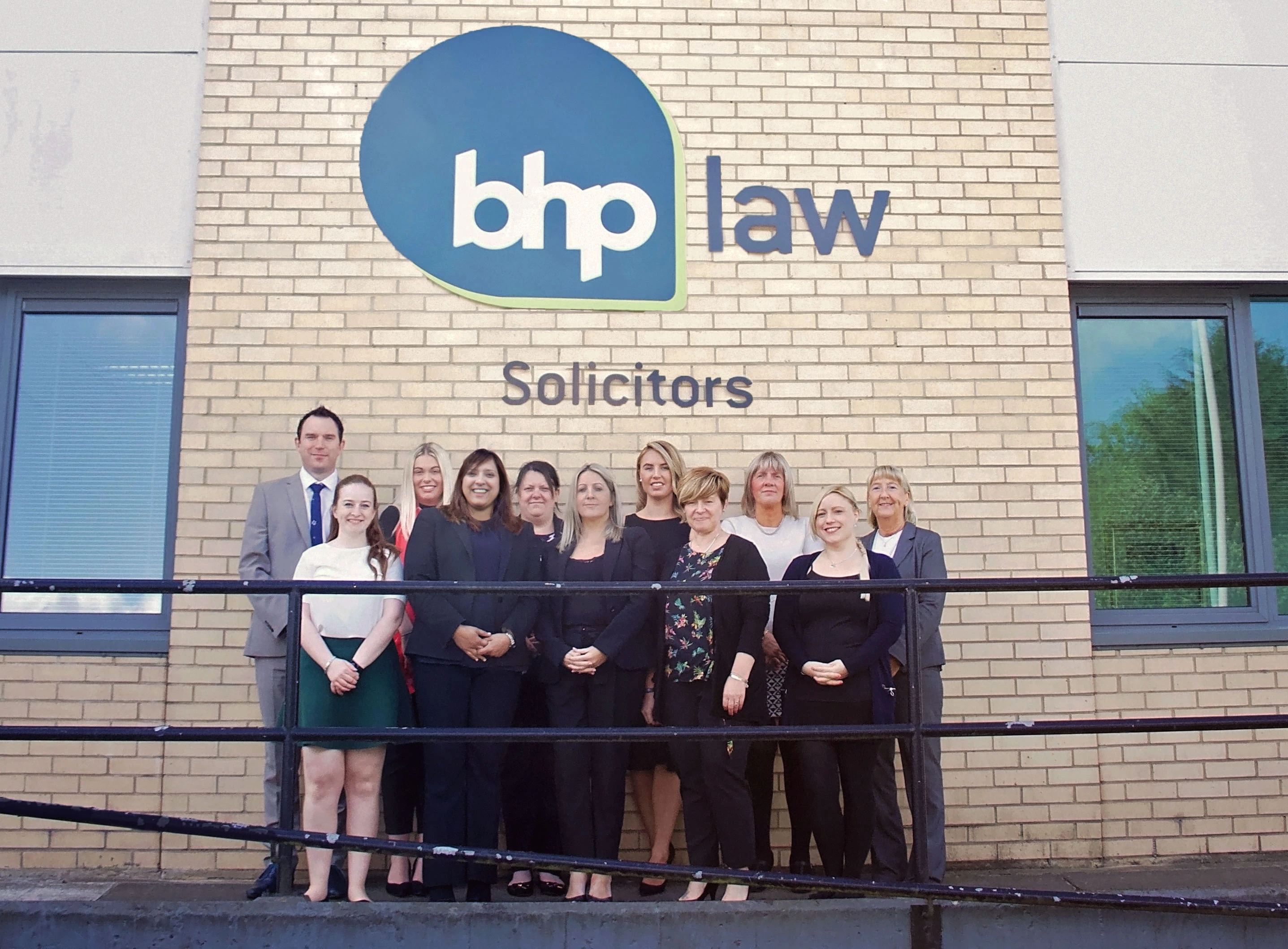
Partner Article
More vulnerable people seeking support for their right to freedom, says BHP Law
Increased awareness of the rights of people being kept in care against their will is leading to a rise in the numbers seeking legal support from a North East law firm.
The elderly, those with learning disabilities or people with brain-related impairments who have lost capacity and need to be looked after may find themselves put into residential care on the advice of doctors and other professionals, or by family members, and deprived of their liberty.
They may have to live somewhere they do not wish to live or be subject to restrictions they do not agree with, such as not being allowed to see certain people, not being free to go out without support or being prevented from using social media.
Any deprivation of a person’s liberty must be lawfully authorised and can be challenged in the Court of Protection.
Specialist solicitors within the Court of Protection department at regional practice BHP Law, which is led by partner Karen Pratt, are seeing an increase in clients seeking support in relation to both their property and finances, and their health and care needs.
The firm’s health and welfare team has grown rapidly in the last six months to handle the number of new cases.
Partner Stephen Williams, who leads the health and welfare team, says it has successfully challenged deprivation of liberty in care homes enabling people to return home, been successful in getting clients moved to more suitable accommodation and overturned assessments indicating that a person lacked capacity to make their own decisions.
Associate Sapna Tugby, a highly experienced solicitor with an established reputation in the Court of Protection who recently joined the team, said: “People have statutory rights. They must have an advocate and if they wish to bring a case they should engage a specialist solicitor who can bring their case to court.
Sapna, who studied medicine as well as being a qualified lawyer, added: “There are a lot of people who are deprived of their liberty, either in their own homes, in care homes or supported living arrangements.
“In terms of numbers we are just scratching the surface at present. There are a lot of people out there who we don’t yet know about and who may not know their legal rights to challenge their deprivation of liberty.
“Any decision to deprive someone of their liberty must have been taken in their ‘best interests’ and it may be a ‘temporary’ arrangement. However, every person deprived still has wishes and feelings that must be taken into account.”
Solicitors at BHP Law, which has offices in Darlington, Stockton, Durham, Newcastle and Tynemouth, also provide an independent advice and advocacy service to care homes and care providers to ensure residents’ voices are heard and that legal requirements for depriving people of their liberty are adhered to.
Their work covers a wide range of issues including where someone should live, their care, with whom they should have contact, sexual relations, contraception, marriage and consent to medical treatment.
In addition to Court of Protection cases, the team represents people who wish to challenge local authorities over the provision of their care and support, including challenging assessments of need and challenging local authorities’ failure to undertake an assessment of need.
Legal Aid may be available for people deprived of their liberty who wish to challenge it and for people who want to challenge their care or for family members.
This was posted in Bdaily's Members' News section by Sarah French .
Enjoy the read? Get Bdaily delivered.
Sign up to receive our daily bulletin, sent to your inbox, for free.








 Raising the bar to boost North East growth
Raising the bar to boost North East growth
 Navigating the messy middle of business growth
Navigating the messy middle of business growth
 We must make it easier to hire young people
We must make it easier to hire young people
 Why community-based care is key to NHS' future
Why community-based care is key to NHS' future
 Culture, confidence and creativity in the North East
Culture, confidence and creativity in the North East
 Putting in the groundwork to boost skills
Putting in the groundwork to boost skills
 £100,000 milestone drives forward STEM work
£100,000 milestone drives forward STEM work
 Restoring confidence for the economic road ahead
Restoring confidence for the economic road ahead
 Ready to scale? Buy-and-build offers opportunity
Ready to scale? Buy-and-build offers opportunity
 When will our regional economy grow?
When will our regional economy grow?
 Creating a thriving North East construction sector
Creating a thriving North East construction sector
 Why investors are still backing the North East
Why investors are still backing the North East